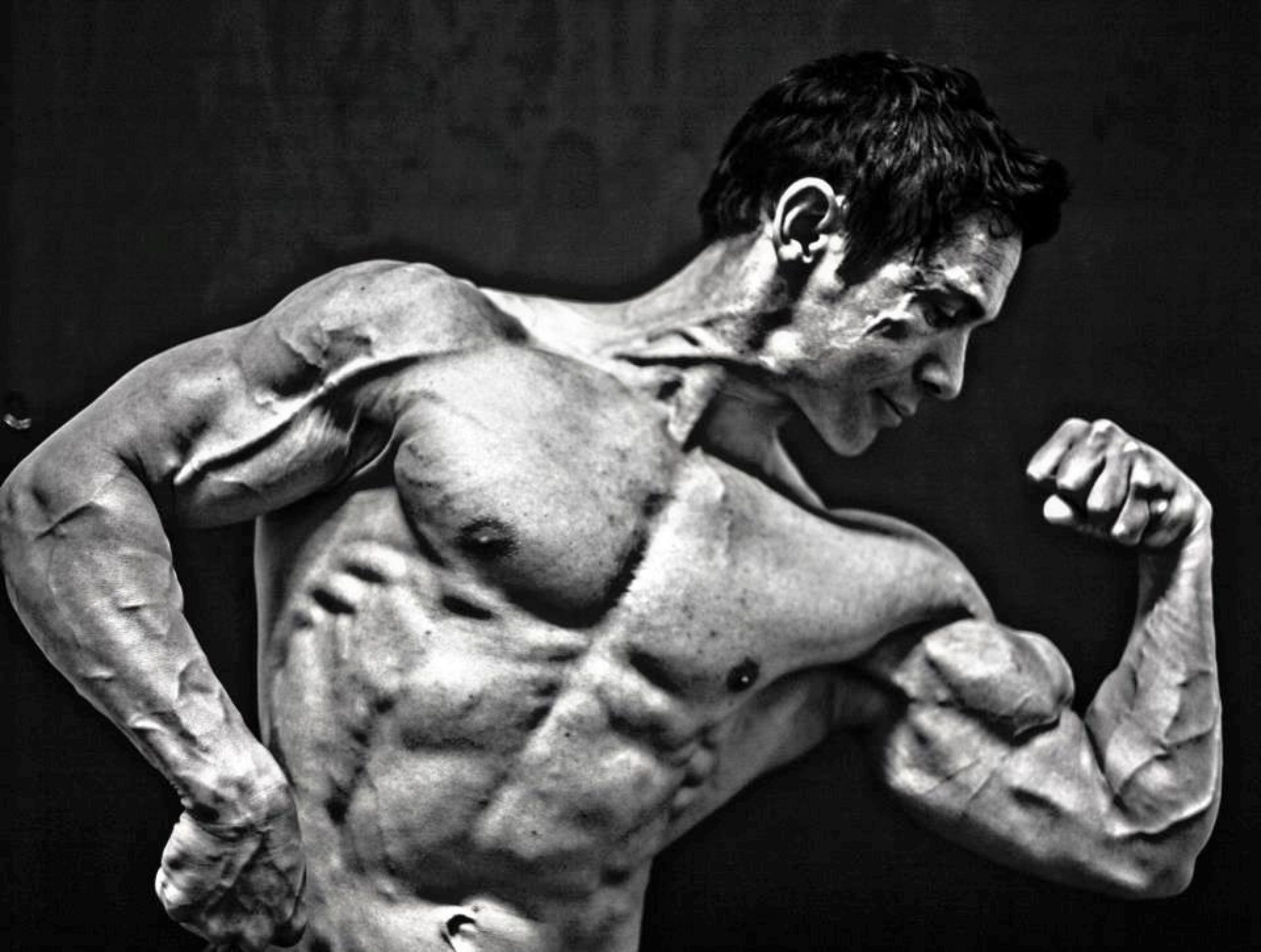Christmas and New Years’ is a time to be jolly! So wouldn’t it be great if you could feel like you are having heaps of fun without straying too far from your training and physique goals. Here are six ideas to help you enjoy the festive season and stay in shape!
1. Just because Christmas and New Years’ is a holiday doesn’t mean you have to stop training. Gyms are open most days during this period. Also there are lots of body weight exercises you can complete at home. However if you want to take a break from your normal training, there are heaps of other fun activities to try, like: surfing, swimming and walking at the beach for starters. Either way if you keep active it won’t be a mission to get back into your normal training routine after the holiday break has ended. It will also mean you use up most of the extra calories you have consumed over that time.
2. A good strategy to use to eat fewer calories when all the tempting food is around is to eat your macronutrients in this order.
- Raw foods like: carrot & celery sticks, salads. (Gets digestive juices ready for the meal to come).
- Protein like meat (steak, lamb, venison, chicken) & fish. (You will feel satisfied quicker and keeps Glycaemic Index of meal lower).
- Other cooked vegetables like: broccoli, cauliflower, spinach. (Provides valuable nutrients with minimal calories).
- Other complex carbohydrates last like: rice, kumara and potatoes. (You will eat less of these if you leave these foods till last).
- Then if there is still room have a little dessert /alcohol or bread. (I don’t bother with this- I would rather have an extra serving of protein. Remember you don’t always have to eat dessert or drink alcohol when you go out for dinner).
So at a barbeque you could start with carrot sticks, iced water and a leafy salad (try using lemon and extra virgin olive oil as a dressing-it’s awesome), followed by some barbequed meat, then finish off (if you have room) some cooked vegetables or a kumara/pasta/potato salad. Dessert/ alcohol (could be low calorie) or bread after that is optional and usually not necessary.
3. Another idea is the way in which you ingest your macronutrients throughout the day. My normal pattern of eating is to eat 5 very small meals (made up of fruit, raw vegetables, nuts and protein powder) throughout the day then overeat with a huge meal at night. So when Christmas comes along and big dinner meals are the norm my body weight and composition is not affected at all! (As long as I stick to macronutrient order mentioned above).
4. Avoid or drink less alcohol. Alcohol is a killer for maintaining your physique goals; it has empty calories (around 100-150 calories for a standard beer), it decreases your testosterone and depletes your body of nutrients. However, if you follow the food order above and have a drink afterwards (remember you don’t have to drink) then this should hopefully minimise the negative effects and the amount you want to drink.
5. Continue to use your supplements like fish oil, multi minerals, vitamins and protein shakes. These help your body function properly so don’t leave them out. Remember:
- Protein is a great appetite suppressant and satisfier.
- The humid weather and festivities means more alcohol is consumed and alcohol is a shocker for depleting the body of a number of vitamins and minerals.
6. The heat also means you should drink lots of water. Remember that even being 2% dehydrated can affect your mood, energy and ability to remove toxins from the body. Also, thirst is often mistaken for hunger. So when you know you have eaten enough but still feel like eating, drink 2 glasses of water first. Often this will curb any more of those (false) hunger pangs.
Give these ideas a try over the holiday period and I guarantee you can still have heaps of fun without straying too far from your training and physique goals. Yes, you can have your cake and eat it too! Have a merry Christmas and a happy New Year!
